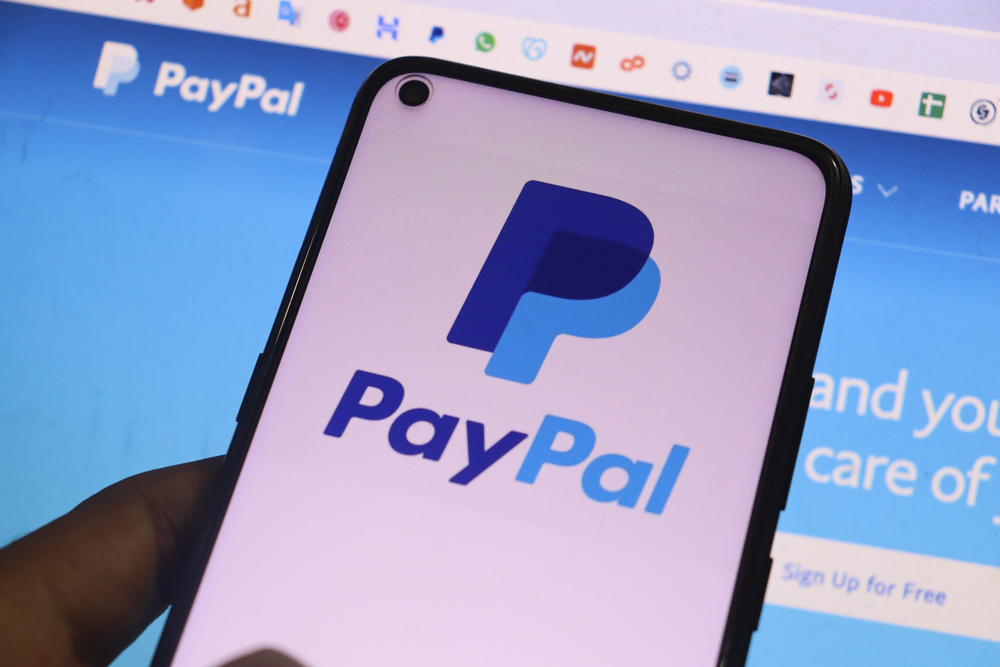With the growing popularity of e-Commerce, any merchant looking into launching an online venture must carefully consider how they will be processing customer payments.
When researching the best payment service provider, one must look at a variety of specificities such as the availability of funds, access to offshore accounts, and even hidden fees.
The most popular methods that new merchants use when it comes to processing payments include opening up a PayPal or a merchant account. However, a merchant must consider the pros and cons of each method to determine which of these platforms will truly meet the needs of their specific business. This article will explore both payment processing services to help you make that determination.
What Is PayPal?
Launched in 1998, PayPal is a dominant force in the digital payment scene. It boasts over 360 million active users in over 200 countries. PayPal is an online payment system that makes purchasing, selling online as well as receiving and sending money both conveniently and safely.
As a credit card facilitator, it partners with third-party credit card processors to contact the issuing bank and then transfers the money into its master merchant account.
When it comes to businesses, your funds will go to the PayPal merchant account first and then it is credited to your business PayPal account. You have the option to leave the funds within the PayPal account or transfer it into your business bank account.
What Is A Merchant Account?
A merchant account is a type of bank account that gives merchants access to their funds derived from credit and debit card payments. The payment processor works with the card issuers and networks to clear the credit card transactions. Then the funds from the card payments are deposited into this account before being transferred to your own business bank account. Typically, merchants can get access to their funds within one to two business days from the transaction, sometimes sooner.
The Key Differences Between PayPal And A Merchant Account
One of the defining differences between PayPal and a merchant account is that PayPal works primarily as a digital wallet. Within this digital wallet will be all of your business accounts. Regardless of whether the funds come from cash deposits from vendors or credit card transactions, it is all combined into a single account.
Although PayPal can function as a merchant account by processing credit card transactions, it is more expensive than most credit card processors. This is a problem if your business processes a large volume of credit card transactions, like restaurants and retailers.
Essentially, PayPal is best suited for newer, smaller businesses that want to have a payment processor that is easy to use.
Merchant accounts are best for high-volume businesses since they will greatly benefit from lower processing charges. They also offer better customer service, should you encounter any issues or problems. Since PayPal is a digital platform, its service resources are severely limited.
Security is top-of-mind for any merchant. Merchant accounts only hold the last day or two of a business’s transaction received, having less to lose in the event of a security breach. Breaches are more likely to occur in digital wallets such as PayPal.
If you do business within a high-risk industry, where there is a higher risk of fraud and chargebacks, it would be best to have a dedicated merchant account. Most payment service providers will not work with high-risk merchants. Since PayPal is particularly sensitive to fraud, you will have your account shut down and your ability to process credit card payments would be eliminated overnight.
Choose Wisely
PayPal and merchants accounts both have the capacity to process credit and debit card payments, however, only of these will be the right payment solution for your business.


